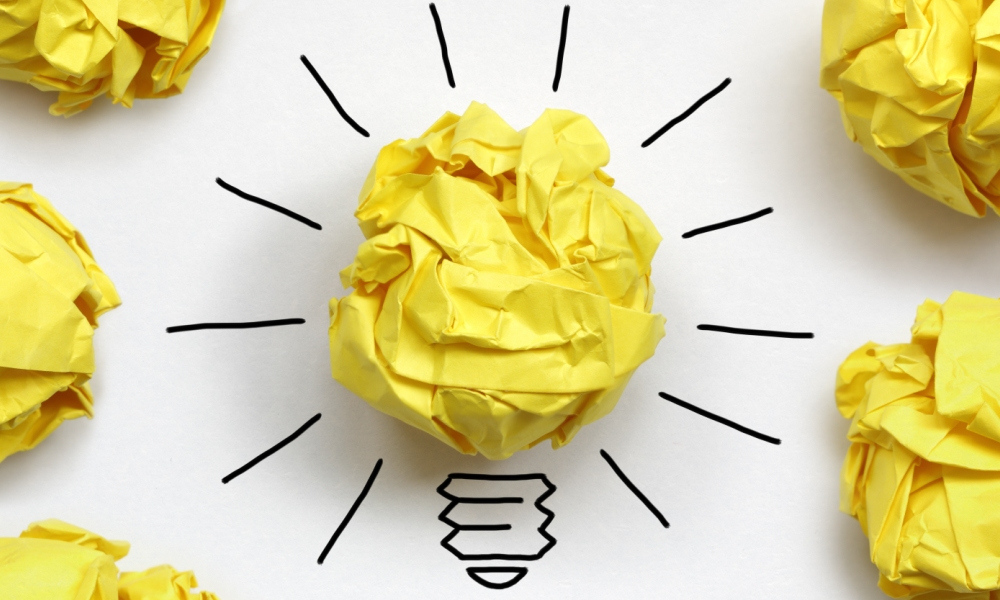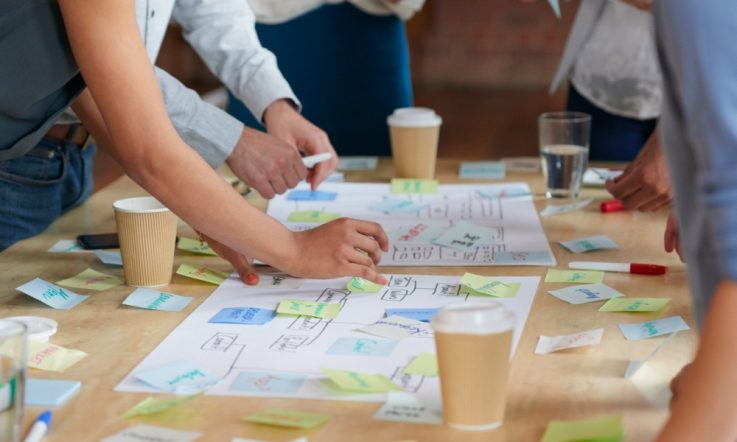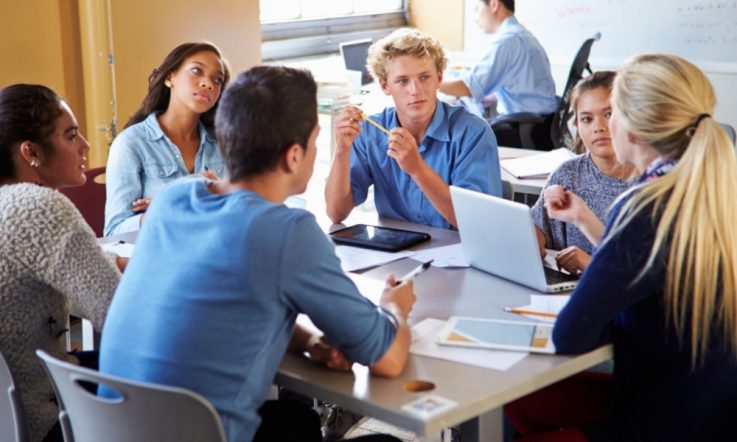When Teacher shares examples of how evidence is being used to inform future action it's usually educators who are doing the analysis and reflection, but in this case it's students who've been digging into school data while developing their problem-solving skills.
The Year 5 and 6 students at Sydney's Curran Public School have been taking part in the Future Problem Solving Program. ‘Originally, when we started, it was just an idea of trying to build some social conscience and some commitment to the community within my kids,' Principal Michael Strahan explains. They ended up representing Australia at the international finals in the US, placing third.
Under the guidance of ‘team coach' Kylie Ring, the youngsters competed in the community problem-solving category and narrowed down their focus to education. Their project was called Kids Helping Kids and aimed to support early years transition. Strahan takes up the story again: ‘It was all about giving kids who are going to come to the school the fundamentals and the foundations to succeed and put them on a pathway to success. The [team of students] sat down with teachers and analysed the entry data that kids were coming into school with. … They did some research and [thought about] the best possible way of making an impact, then developed a plan and put that plan into action.'
Part of the plan was to create care packages that were distributed to pre-Kindergarten students and their families that contained resources to support early learning. ‘They worked in partnership with our transition program, so it was like another little piece of the puzzle – the care package itself is only one piece of a bigger strategy. And the kids have got voice in that strategy.'
The first care package included resources like pencils, pens and tracing cards. Strahan says the new starters and their parents loved the fact they were getting a box from Curran Public School to help them prepare, but adds the real strength of the project for the 12 members of the competition team was what happened next.
‘They then did a comparison analysis against what the kids came into school with this year after distributing the first package, celebrated some successes in the kids' improvement but also found where there were areas of need and then plugged those up, so it was really evidence-based. For example, we were finding that our kids were having some issues with fine motor skills, so the resources and the games that they placed in this year's box addressed [that] – things like pieces of sponge and activities that parents can play … counting, writing names. So, the strength is that the kids have now evaluated their first round of boxes and changed it so it's better serving the needs of the community.'
The school leader says it's been a great way to teach the design thinking process in a real-world context. In October, the team won the Australian version of the competition and qualified to take on the rest of the world. Ironically, their progression to the international finals generated a new problem to solve – how to find the funds for the trip to Michigan. To generate the extra dollars they set up a Fundraise Yourself campaign. The online crowdfunding platform has recently been developed by education charity Schools Plus specifically for schools and parent associations and offers tax-deductible donations.
With Ring on maternity leave, Emma Stirling took on the role of coach at the US final. Another big supporter has been Assistant Principal for Stage 3, Justine Cordingley. ‘I know it's an old cliché, but the students felt that it didn't matter where they placed or what they did over there, they were very happy with what they'd produced and how they'd made an impact on the community,' Strahan says. 'But, yeah, we placed third – it's an amazing achievement [and] the kids were the ones that drove a lot of it. They however are very keen to continue this work, they don't want to let it stop now. They're very keen to look at how they can improve upon this year's project and evolve it into something that is even greater.'
The competition team ran like an extracurricular activity, but problem-solving and the design thinking process is now part of the curriculum and, Strahan adds ‘part of our Curran pedagogy'. ‘We implement SOLE (Self-Organised Learning Environment), PBL (project-based learning), and all of that lends itself to these big skills: verifying, analysing, reflecting, using evidence and data to inform what's going to happen next, so it is part of our school culture.'
Are you providing opportunities for students to apply skills like problem-solving in a real-world context?
How do you use evidence to highlight areas of student need in your school?



